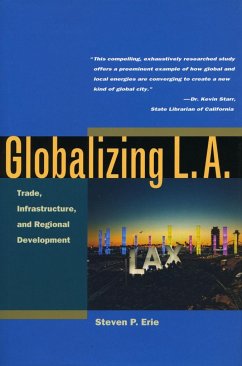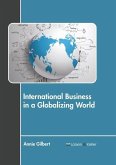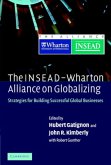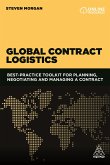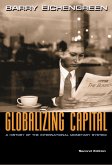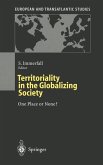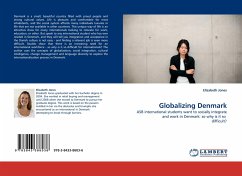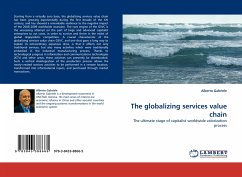How do city-regions successfully compete in the global age? Mixing history and policy analysis, Steven Erie offers a compelling account of the improbable rise of Los Angeles, explaining how a region with no natural harbor and a metropolis situated a distant 20 miles from the coast managed to become the world's ninth largest economy and a leading trade and transportation center. In Globalizing L.A., he argues that physical infrastructure development was a catalytic yet underappreciated factor in the transformation of L.A. and Southern California into a global economy, provocatively challenging the conventional wisdom that emphasizes information flows, intellectual property rights, or social capital. The book also highlights the unheralded role of local political institutions and public entrepreneurs in shaping the region's development, growth, and globalization. Beginning with the fierce battles over railroad and harbor development in the late nineteenth century, Erie chronicles L.A.'s emergence as the nation's leading trade center and gateway to the Pacific Rim in the twentieth century. The book explores recent epic battles over port development, the expansion of LAX, the landmark Alameda Corridor rail link, and implementing NAFTA border-infrastructure projects. Until the 1990s, the book argues, L.A. behaved much like a city-state where powerful, semi-autonomous development bureaucracies and entrepreneurial leaders provided the farsighted strategic planning that made these infrastructure projects possible. Today, Southern California faces daunting challenges, from community and environmental resistance to new post-9/11 security concerns, which will affect its future development and global competitiveness. More Praise for Globalizing L.A. "A significant new contribution to the study of urban development. . . . This book will change the way we think about Los Angeles and Southern California. . . . It is the next great book on the region."--David Perry, Director and Professor, Great Cities Institute University of Illinois at Chicago
Hinweis: Dieser Artikel kann nur an eine deutsche Lieferadresse ausgeliefert werden.
Hinweis: Dieser Artikel kann nur an eine deutsche Lieferadresse ausgeliefert werden.

